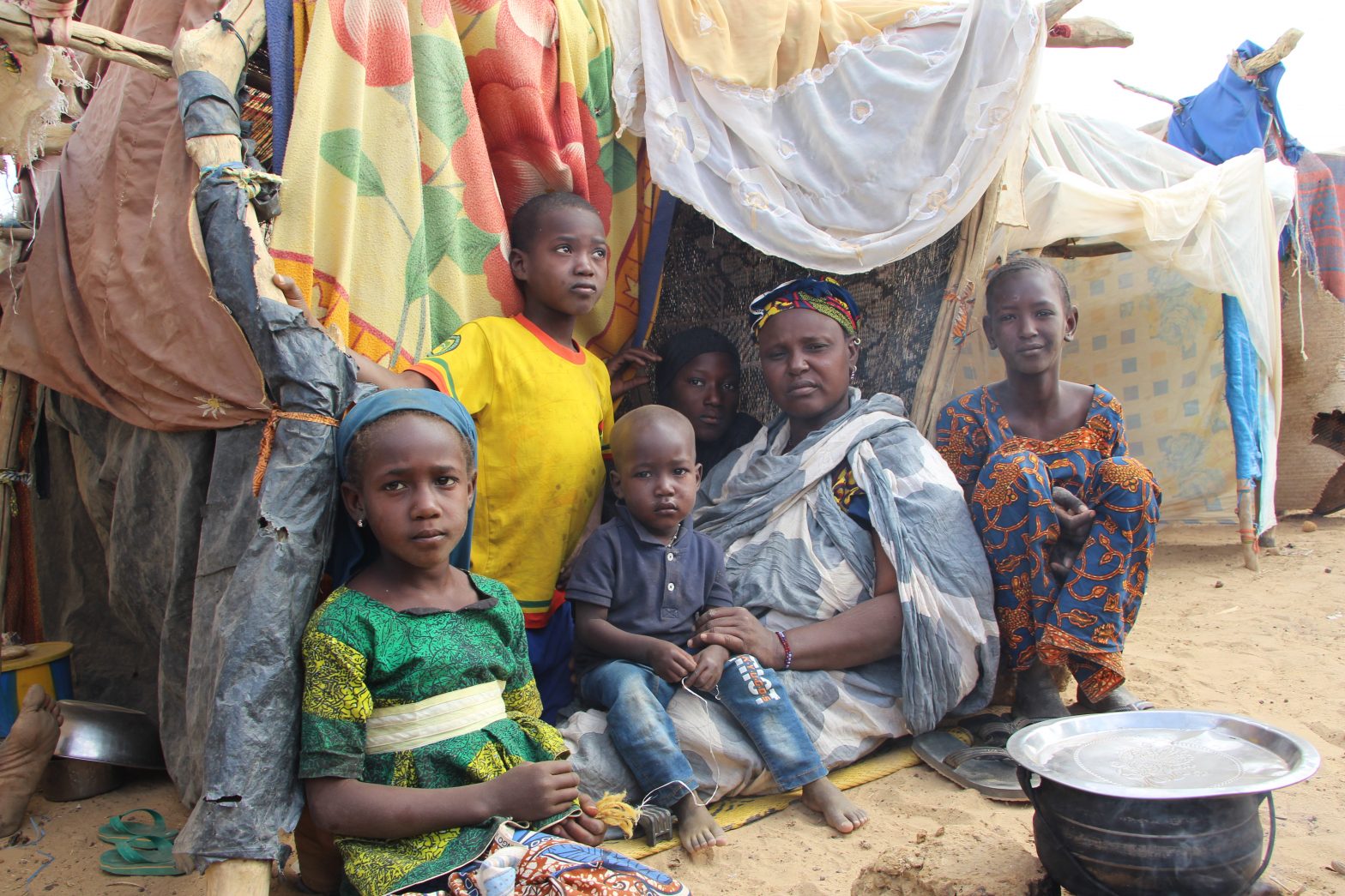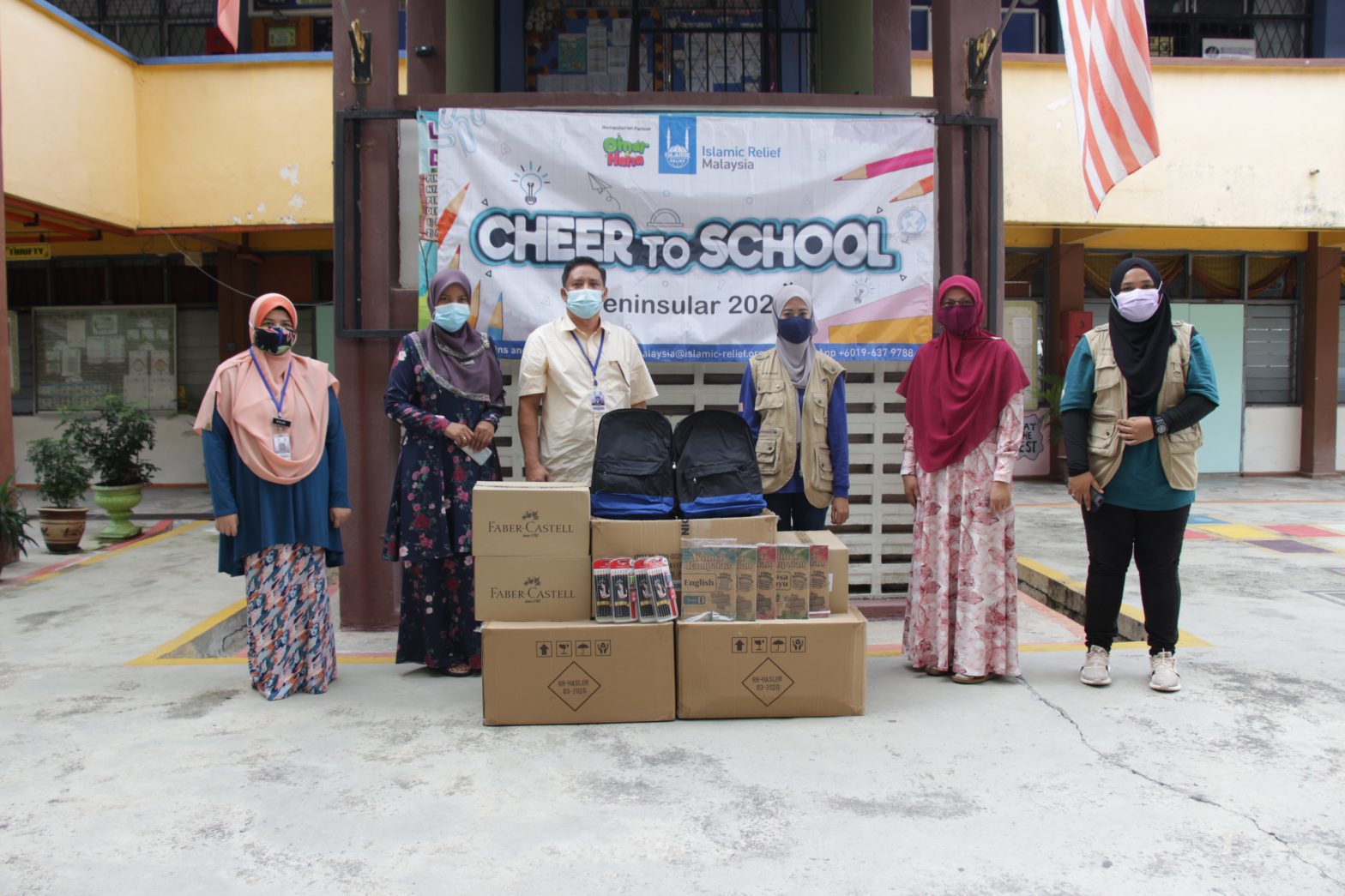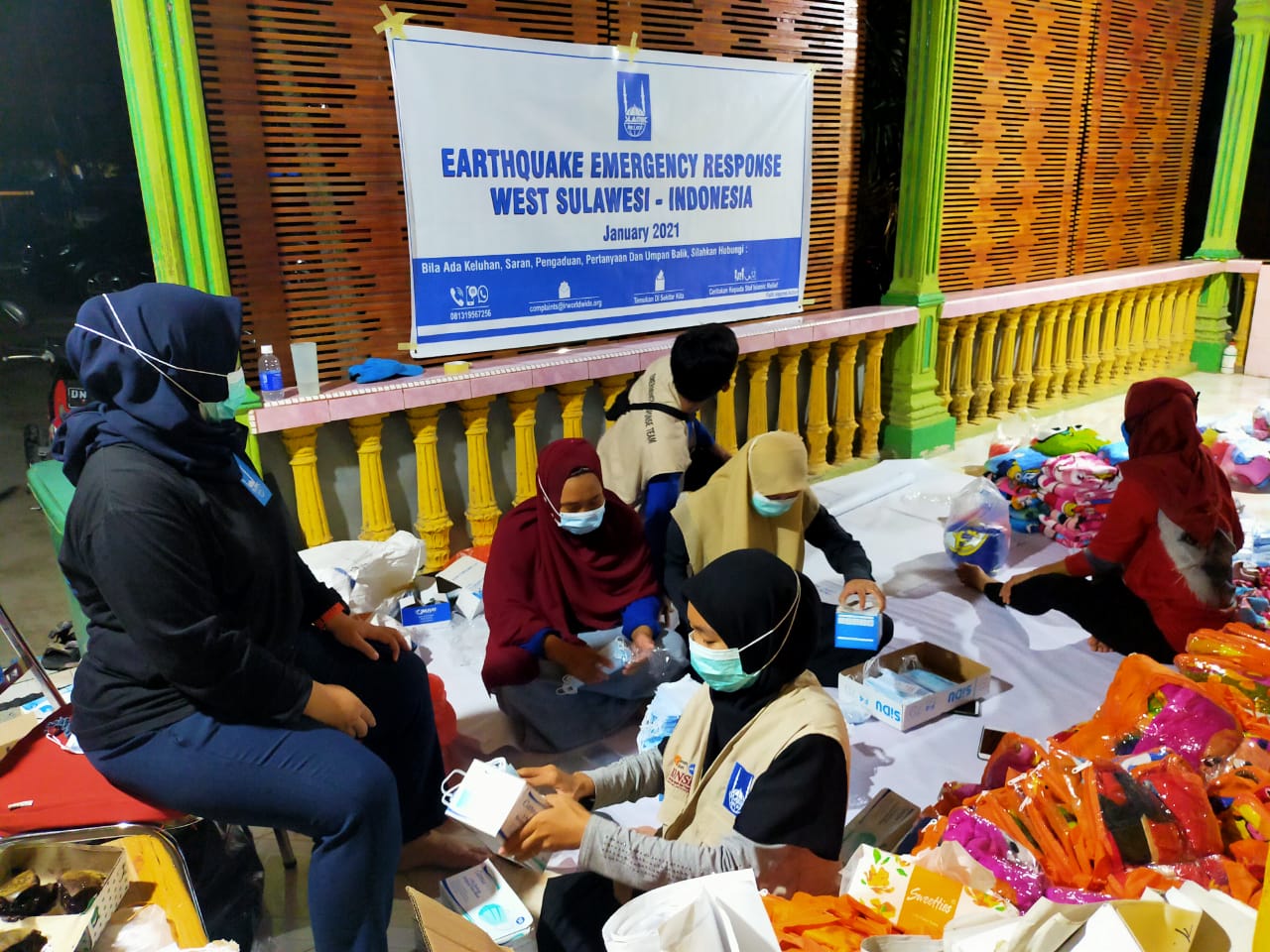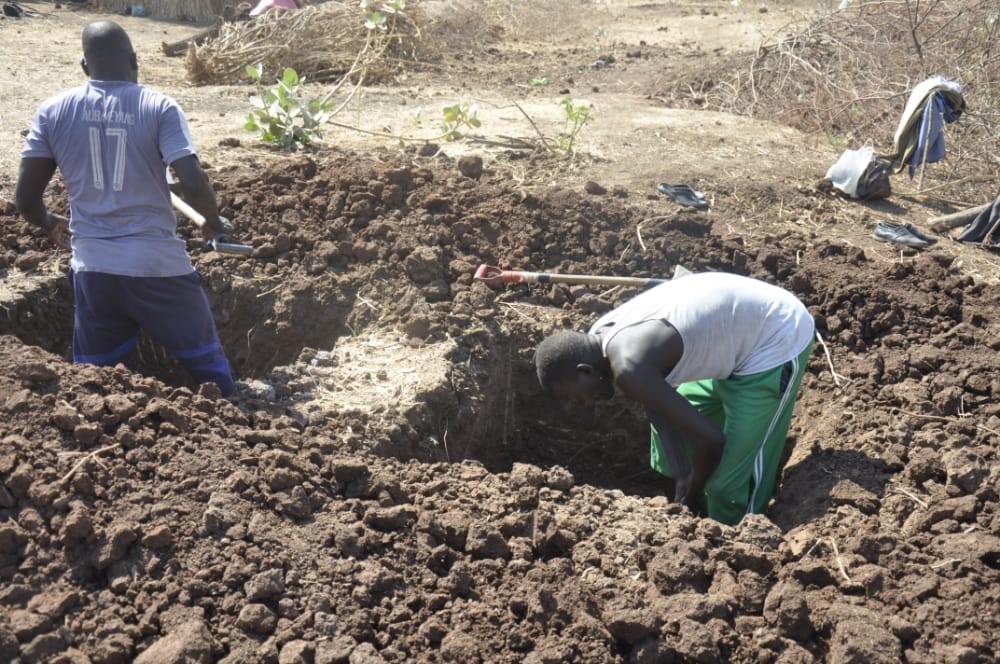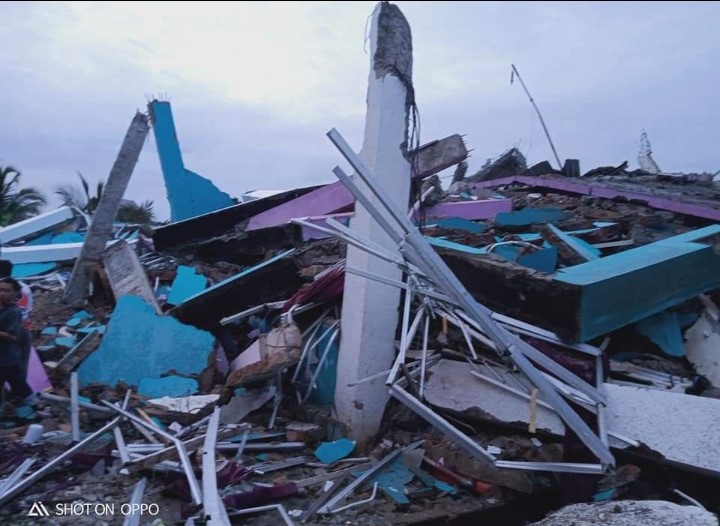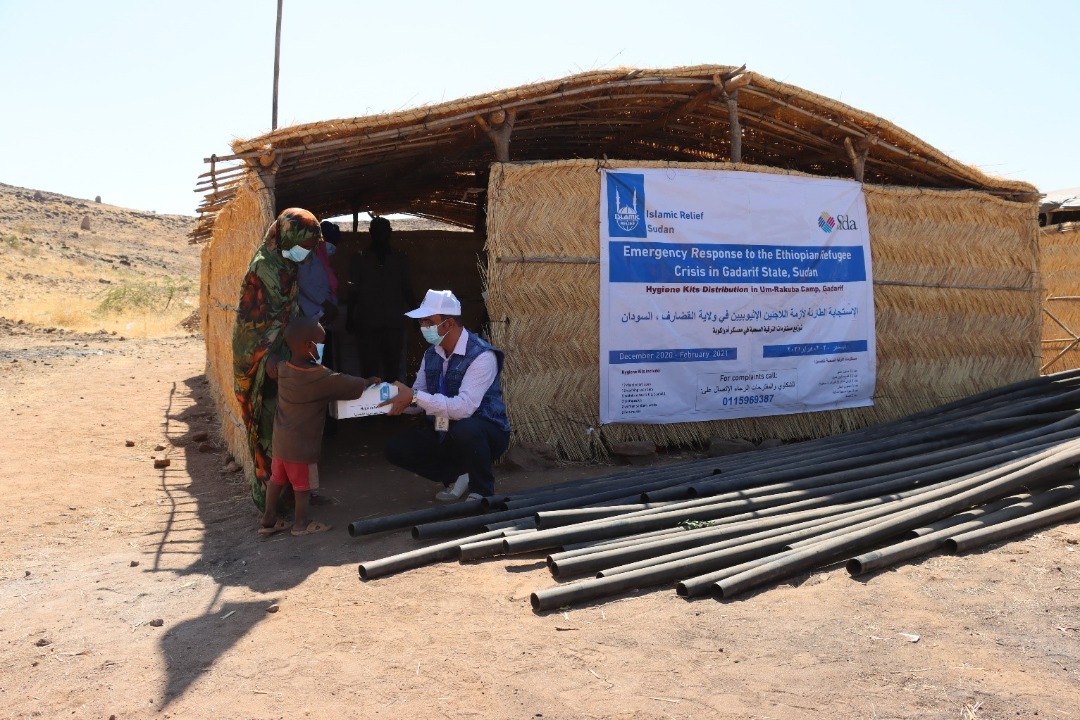BANGI, 25 Januari 2021 – Islamic Relief Malaysia menyerahkan bantuan persekolahan melalui program Cheer To School kepada wakil pihak sekolah Sekolah Kebangsaan Kajang dan Sekolah Kebangsaan Sungai Melut (Asli), Dengkil.
Seramai 199 pelajar sekolah daripada keluarga berpendapatan isi rumah bulanan penengah 40 peratus terendah (B40) menerima bantuan persekolahan termasuk pakaian sekolah, kasut, stokin, beg sekolah, buku latihan, alat tulis, dan botol air bernilai RM200 setiap seorang.
Mengulas lanjut, Penolong Pegawai Bahagian Program Islamic Relief Malaysia, Nur Hidayu Marzuki, berkata program Cheer To School ini bertujuan untuk menyediakan keperluan persekolahan kepada pelajar daripada keluarga yang kurang berkemampuan di samping meringankan beban perbelanjaan persekolahan yang ditanggung ibu bapa.
“Pemberian bantuan program Cheer To School ini bertujuan meringankan beban kewangan ibu bapa di samping memberikan bantuan kelengkapan persekolahan kepada pelajar daripada keluarga B40 dan ke bawah, golongan miskin bandar, anak yatim, orang kelainan upaya (OKU), dan orang asli,” katanya.
Guru Besar Sekolah Kebangsaan Kajang, Azmi Zakaria, berkata berdasarkan tinjauan pihak sekolah, mereka mendapati bahawa keluarga berpendapatan rendah dan sederhana adalah antara yang paling terjejas berikutan perintah kawalan pergerakan (PKP) yang dilaksanakan.
“Kecil tapak tangan, nyiru kami tadahkan. Kami sangat mengalu-alukan sumbangan daripada mana-mana pihak NGO termasuk Islamic Relief. Kami berharap program seumpama ini dapat diteruskan agar lebih ramai golongan B40 di luar sana yang akan dibantu pada masa yang akan datang,” katanya.
Guru Besar Sekolah Kebangsaan Sungai Melut (Asli), Alfikri Murid, berkata berdasarkan data pekerjaan dan maklumat pendapatan ibu bapa pelajar di sekolah berkenaan, seramai 90 peratus pelajar adalah daripada keluarga yang kurang berkemampuan.
“Kebanyakan ibu bapa pelajar di sini bekerja sebagai peladang, pengawal keselamatan, atau operator pengeluaran di sektor perkilangan. Rata-rata pelajar tidak mempunyai kemudahan televisyen di rumah, apatah lagi peranti telefon bimbit mudah alih dan capaian internet untuk meneruskan pembelajaran dengan kaedah Pengajaran dan Pembelajaran di Rumah (PdPR). Kebanyakan mereka terpaksa menggunakan semula pakaian abang atau kakak mereka ekoran kekangan kewangan untuk membeli pakaian dan kelengkapan persekolahan yang baru,” katanya.
Penerima manfaat Islamic Relief Malaysia dari Kampung Orang Asli Kelingsing, Asmidah, berkata sumbangan seperti ini sedikit sebanyak dapat meringankan beban kewangan keluarganya.
“Saya dan suami menghadapi kesukaran untuk membelikan pakaian sekolah kepada tiga orang anak kami kerana masalah kewangan. Kami juga sukar ke mana-mana. Anak-anak tidak dapat ke sekolah dan setiap hari bertanya kepada saya bilakah mereka dapat meneruskan pembelajaran seperti biasa,” katanya.
Mereka turut menzahirkan ucapan penghargaan kepada Islamic Relief Malaysia dan para penyumbang atas keprihatinan terhadap keperluan pelajar di samping dapat meringankan beban perbelanjaan yang dihadapi ibu bapa daripada golongan B40 menjelang permulaan sesi persekolahan.
Mereka juga berharap agar sumbangan yang diberikan itu dapat membantu meningkatkan motivasi dan kesediaan para pelajar untuk menghadapi sesi pembelajaran 2021.



